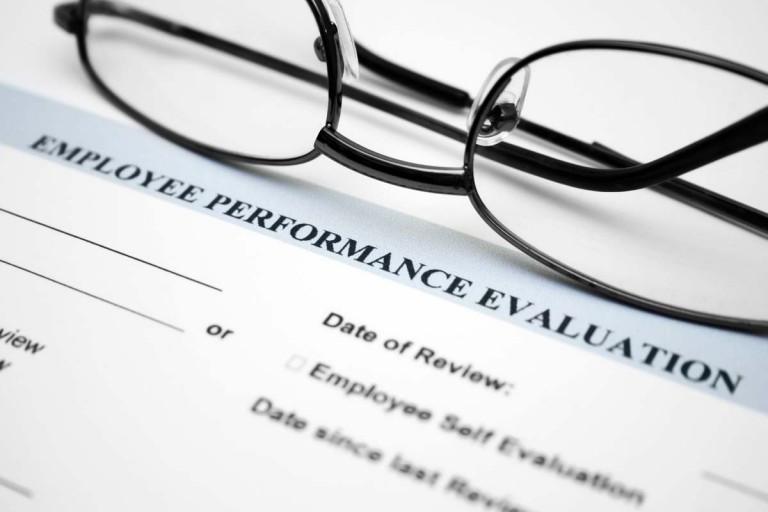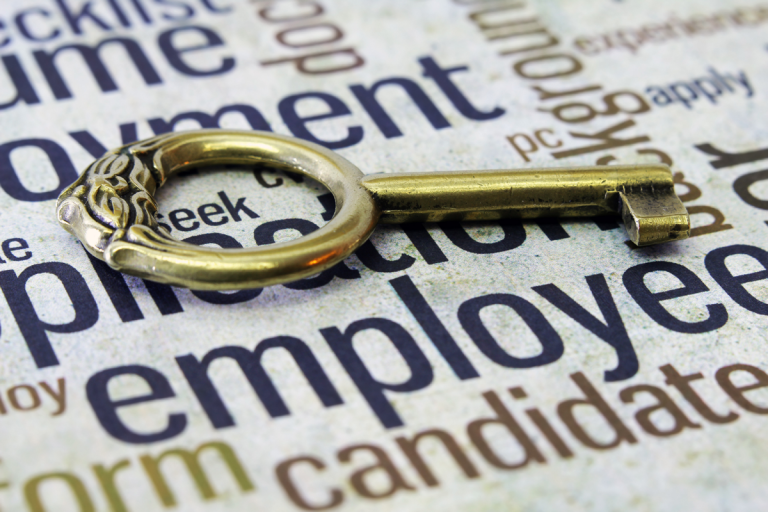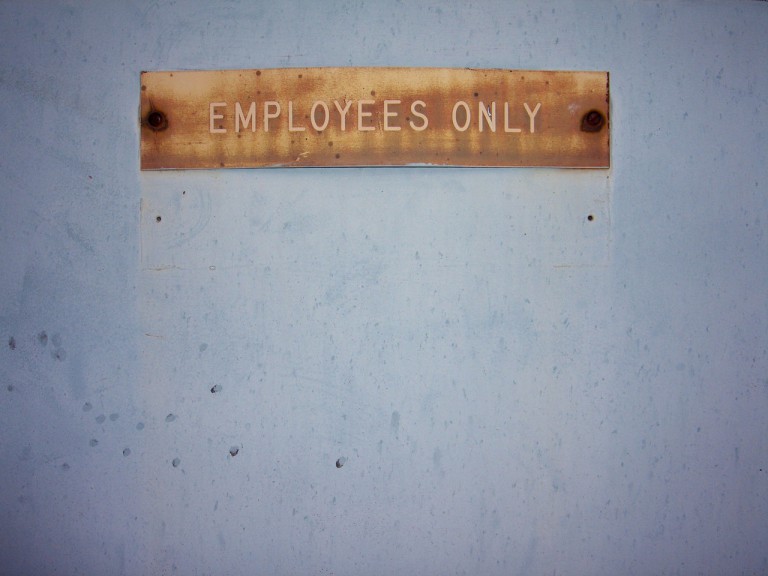5 Situational Interview Questions to Ask Candidates

Really, an interview would be better spent on items that are not in a resume…. for example, situational questions.
So, what are situational interview questions?

Example Questions
The internet is full of situational questions you can borrow for your interviews. However, it’s often best to use questions that relate to experiences your new employees might encounter. For example, you may ask a candidate a question that reflect situations you or others have experienced in the workplace. Or a question that addresses an issue your company has yet to solve. Keep in mind though, situational questions are typically about interpersonal relationships.
With that… let’s look at a few examples.
How do you deal with a co-worker whom you dislike?
Many people simply can’t work with others. However, it’s important to understand, the overall mission of the company isn’t about individual personalities. Look for answers that show the candidate is able to put aside their personal differences and work toward a common goal. An employee doesn’t have to like another employee to accomplish something great.
How would you handle a situation where a customer is abrasive or rude to you?

How would you put a customer at ease, who is distressed after hearing or sharing traumatic news?
We all know life isn’t perfect. Sometimes customers can reach a tipping point in their lives, and their breakdown may happen to be in front of an employee. The way an employee responds to the customer can make a strong positive or negative impact. That is not to say your employees are responsible for curing the psychological stresses of the world. However, the candidate’s answer should reflect they are able to respond in a respectful, and sometimes even supportive manner.
Describe a situation where you made a significant mistake at work and how did you resolve it?

How would you react if the work you presented received strong negative criticism?
Simply doing any type of work leaves one open to criticism. Though receiving negative criticism can be discouraging, employees should be able to set their personal feelings aside to benefit from the feedback. The answer a candidate gives to this question should demonstrate the ability to to actively listen to constructive criticism, extract valuable knowledge from the feedback, and incorporate the insights into their work.
Choosing the right employee for a position can be challenging. Not only do the skill sets and experience need to match the job description, but the right personality needs to be there also. Though I encourage you to develop your own, as each company has its own unique challenges, feel free to adopt the ones above.
[fusion_separator style_type=”shadow” hide_on_mobile=”small-visibility,medium-visibility,large-visibility” class=”” id=”” sep_color=”” top_margin=”” bottom_margin=”” border_size=”” icon=”” icon_circle=”” icon_circle_color=”” width=”” alignment=”center”][/fusion_separator]








Hello Renee
Highly valuable information here.
Situational questions certainly does get the candidate to think out of the box. It gives you the ability to see whether that person will fit in the group and can be a team player or not.
Out of interest in your opinion, what percentage of the interview process should be primarily focused on situational questions vs skills based questions?
Thanks for a quality article
Roopesh
That’s a good question, Roopesh. In the interviews I’ve done at my company, majority of the questions relate to situations, personality, or goals. If I’m not mistaken, we ask about 15 questions. Of those, 2 tend to be skill based. Those skill-based questions are not make it or break it interview questions (in my opinion). It’s more to give us an idea of how better we can utilize special skills which weren’t in the job description, but the candidate might have.
So, why do we put so little value on skill-based questions in the interview? The skills we’re looking for should have been included in their resume or applications. The candidate should have read the job description and tailored their resume/application to the job description, which includes the skills we’re looking for in a candidate. If they didn’t, they likely didn’t get an interview.
This is some good info. I am applying for a new job soon, so I am going to have to interview. I will used these questions as a guide to prepare for it. The interviews i’ve had in the past, all had similar questions to these. One thing I think about any interview is to stay positive and confident. How you say the response is just as important as what you say.
Thanks for stopping by, Eric! I’m glad this article has helped you also. I agree. Presentation please a huge role. For me, interviews can be stressful. One of the techniques that I used to get myself in the mood for an interview and put on a pleasant face is to smile and laugh on the way to the interview. Even afake smile done often enough can become a real smile. Smiling is a natural mood elevator. And of course, smiling makes you appear more personable. Wishing you the best of luck on your job search.